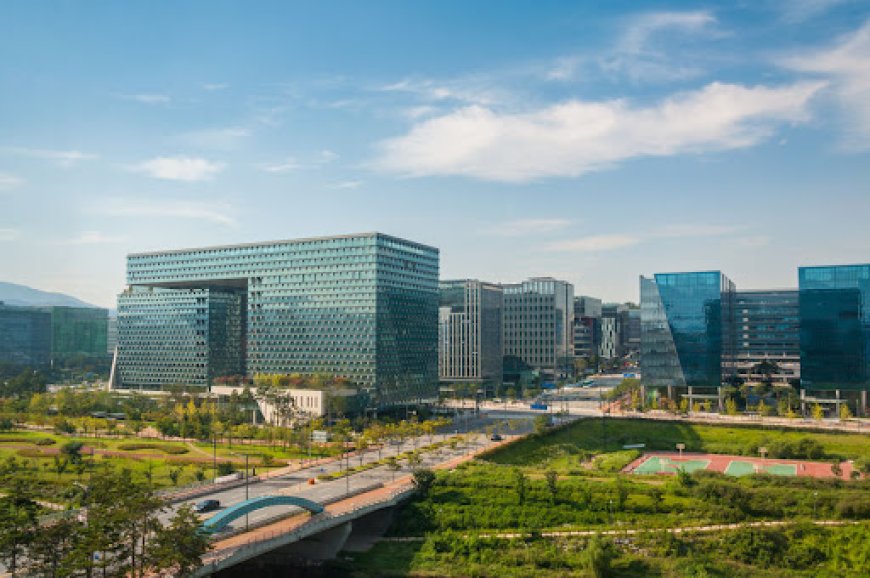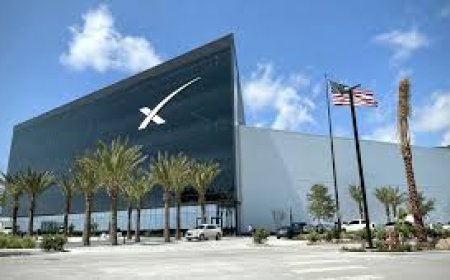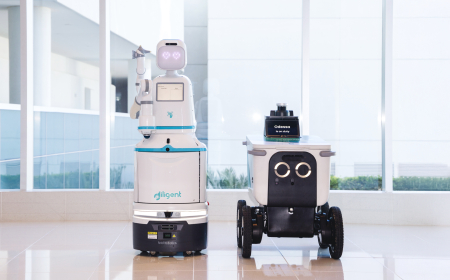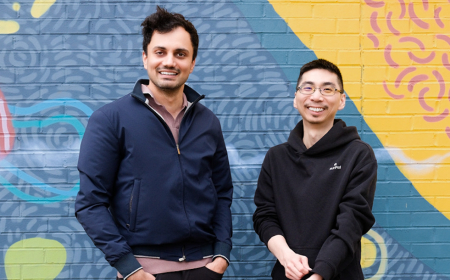South Korea’s ‘Silicon Valley’ Strives to Live Up to Its Global Ambitions
Pangyo Techno Valley, often called South Korea’s Silicon Valley, is home to over 1,800 startups and major tech firms. Can it achieve true global influence in AI, gaming, and innovation?

Just south of Seoul, in the city of Seongnam, lies what many call the “Silicon Valley of South Korea” — the sprawling Pangyo Techno Valley (PTV). Only 15 minutes by subway from Gangnam, famous for its luxury shops, K-pop agencies, and nightlife, this district has become a symbol of Korea’s tech future.
Since opening in 2011, the 661,000-square-meter complex has grown into one of the nation’s most prominent innovation clusters. Today, it hosts more than 1,800 startups, research institutes, and tech companies, shaping a space that feels more like an experimental hub for South Korea’s future than a simple suburb.
Big players are firmly rooted in Pangyo, including Naver (often referred to as Korea’s Google), Kakao (the all-in-one app), and gaming leaders Nexon and NCSoft. Industrial titans such as HD Hyundai and cybersecurity leader AhnLab also anchor the site. Meanwhile, Samsung Electronics, SK Hynix, and Hyundai’s autonomous driving unit 42dot all maintain substantial operations there. Yet, despite the talent and investment density, many question whether Pangyo truly lives up to its Silicon Valley moniker.
“Pangyo is absolutely Korea’s most concentrated hub for software, gaming, platforms, and AI,” said Hyoungchul Choi, CEO of Portologics. “But the nickname can be misleading. Silicon Valley is about decades of global capital, risk culture, and worldwide talent attraction. We’re not quite there.”
The numbers reflect this cautious view. According to PTV’s official website, around 91.5% of its firms are small and mid-sized businesses. Big Tech represents just 3.6%, while public or government institutions make up 4.9%.
Janice Sa, principal at Z Venture Capital, who has spent over a decade in Pangyo, notes that the hub’s influence is fading compared to its early days.
“With Naver, Kakao, Nexon, and NCSoft here, the label of Korea’s Silicon Valley still fits,” she explained. “But 10 years ago, Pangyo was the clear startup magnet. Now, more are heading back to Gangnam.”
The reason? Talent and capital. Developers and engineers prefer Gangnam, and most venture funds line Teheran Street, Seoul’s main tech corridor, filled with startups and global offices. For hiring and fundraising, Gangnam remains the easier base.
This shift highlights a deeper issue. For large corporations with long leases and tax incentives, Pangyo is fine. But for startups competing for top talent, the distance matters. Pangyo is still part of Gyeonggi Province, not Seoul itself. And because many government programs are linked to jurisdiction, Seoul offers stronger startup infrastructure and international initiatives.
An insider at a Pangyo-based firm, requesting anonymity, agreed. “Here, collaboration is natural — tech is in the air. Everyone is nearby. But Seoul is more diverse: Yeouido is the financial hub for fintechs, and Gangnam attracts startups of every kind.”
The larger question is whether Korean startups can scale globally. Both government and private investors push for expansion abroad as the domestic market reaches saturation. Yet true global breakout stories remain scarce.
A Kakao Ventures investor points to cultural contrasts: “In the U.S., startups succeed or fail faster. That fuels experimentation and talent mobility. Speed is strength. Here, we need to encourage founders to see failure as an opportunity.”
Another barrier is storytelling. “Korean founders are strong in numbers and strategy, but struggle to tell a clear story,” the investor noted. “Business is about people connecting. Without a personal, authentic narrative, it’s harder to stand out. With so many skilled teams, that story matters even more.”
Still, Choi sees reasons for optimism. Pangyo blends disciplined founders with the stability of big tech anchors. Unlike Silicon Valley’s “move fast, break things” ethos, Korean startups often build carefully at home before expanding overseas. “That gives reliable engineering, but less of the chaotic energy,” Choi said.
Pangyo is also diversifying into AI, biotech, and deep tech, supported by government-funded campuses and scaling programs. The real test now is proving global strength — unicorns, cross-border exits, and talent inflows.
“What holds Korean startups back?” Choi asked. “A smaller home market, weaker ties with global investors, and language or regulatory barriers. Overcoming this requires global partners early, targeted go-to-market strategies, and leadership with cross-border vision. And perhaps most importantly — the ability to tell compelling stories to the world. That may be the deciding factor in whether Pangyo remains a regional hub or evolves into a true global innovation center.”
What's Your Reaction?
 Like
0
Like
0
 Dislike
0
Dislike
0
 Love
0
Love
0
 Funny
0
Funny
0
 Angry
0
Angry
0
 Sad
0
Sad
0
 Wow
0
Wow
0

















































